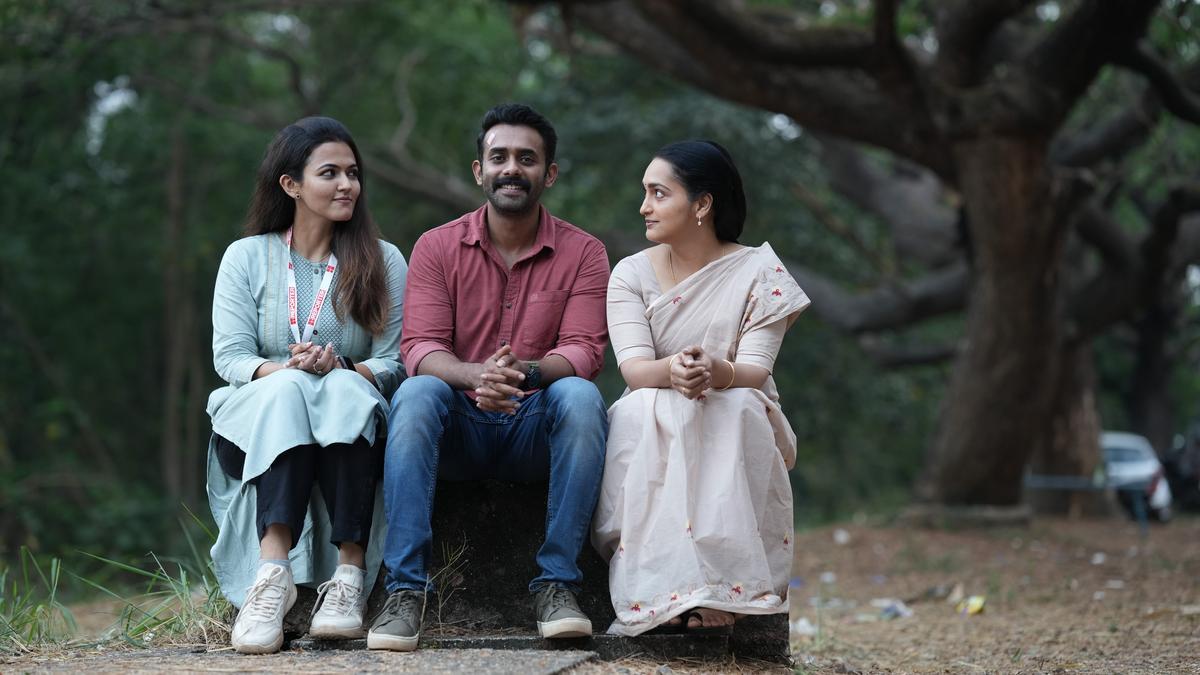
In the aftermath of Manchester United’s thrilling 3-3 draw against FC Porto in the Europa League, manager Erik ten Hag has provided insights into his strategic decision-making, highlighting the importance of player fitness and rotation ahead of the upcoming crucial fixture against Aston Villa on Sunday. Sporting a keen tactical eye, Ten Hag opted to substitute star striker Marcus Rashford at half-time during the match, a move that initially raised eyebrows among fans but was later confirmed as a calculated measure to ensure players remain “fit and fresh” for the upcoming challenge.
The electrifying atmosphere at the Estadio do Dragao set the stage for an intense battle in which Rashford showcased his exceptional form. The match had barely begun when Rashford seized the moment, scoring a spectacular goal within the first seven minutes, sending Manchester United into an early lead. His presence on the field was influential, and the energy he brought was evident when he assisted Rasmus Hojlund in netting the second goal for United just 20 minutes into the game. Rashford’s formidable onslaught against Porto’s right-back Joao Mario kept the opposition on their toes throughout the first half, notwithstanding Porto’s ability to equalize before the break.
However, the second half brought a surprise to the starting lineup as Rashford was replaced by Alejandro Garnacho. Addressing the change during a post-match interview with MUTV, Ten Hag was quick to dismiss any injury speculations, reassuring that Rashford was in good condition. “He is okay,” Ten Hag asserted, emphasizing Garnacho’s importance as an attacking asset in the current squad context. The decision to rotate was a part of a broader strategy to maintain player vitality for the demanding fixtures ahead.
Ten Hag emphasized the necessity of utilizing squad depth, particularly with the tight game schedule and the looming clash against Aston Villa. “We have to rotate. Garnacho, we didn’t start him. He had a great game, not only in this match but also throughout the season,” Ten Hag noted, highlighting Garnacho’s development and form.
. The Dutch manager underscored the quick transition needed from European commitments to domestic challenges, noting that Aston Villa had the advantage of an extra day of rest, which made freshness on the field even more paramount.
As the second half unfolded, Porto’s Omorodion again found the back of the net, further intensifying the contest. Nevertheless, Manchester United showcased commendable resilience. Ten Hag’s men grappled defensively and were rewarded when substitute Harry Maguire, a long-time defensive stalwart, headed in a crucial equalizer during stoppage time. This moment encapsulated the tenacity and fighting spirit that the team has been cultivating.
Reflecting on the match dynamics, Ten Hag provided a candid assessment of his team’s performance. “We started the game very well; we dominated and scored two excellent goals. However, we lost control in the middle phase. Our start was strong, the middle part not as much, and we concluded well. It’s a challenging place, but coming back from 3-2 and securing the equalizer is fantastic for team morale. This game shows once again that the team’s character is really strong,” he remarked.
While the results at Porto were not entirely what Manchester United hoped for, the draw demonstrated the team’s potential and depth in character—crucial elements as they look forward to their next test against Aston Villa. With rotation and rest playing pivotal roles in Ten Hag’s strategy, Manchester United fans will be eagerly anticipating how these tactical decisions unfold in the high-stakes environment of the Premier League.
This report draws from external sources and does not assume responsibility for the accuracy and reliability of the information presented.










